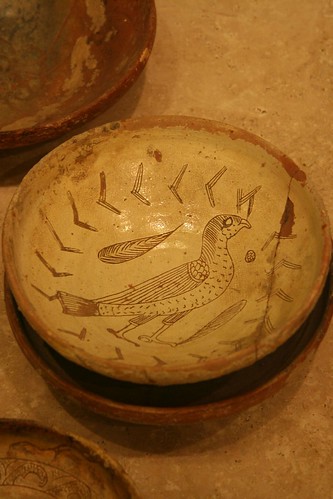Words are central to my being. The exchange of words is at the heart of my chosen profession, Psychiatry. And I am a reader. I read everything. I have been known to read a cereal box if there is nothing else in front of me. In elementary school, I read my way through recess and on into the next class without noticing. I won the school book contest by sheer number of pages read. I read my way alphabetically through the children’s fiction shelves in the local library.
Besides my primary science major in college, I took a second major in French literature. I read a lot of great poetry for that. In fact, the only poem I ever wrote that won a prize was in French for a departmental poetry contest.
I have some favorite poems. Lately the beginning of Keat’s “Ode on a Grecian Urn” has been running through my head. The poem begins with:
Thou still unravished bride of quietness,
Thou foster-child of silence and slow time,
One of William Faulkner’s novels introduced me to this poem. I wish I could remember which of his novels it was; I read several, all during one Faulkner phase I had in college. Faulkner repeatedly quoted the poem and referred to it in many of his works. The beginning of this one poem can evoke in me a memory of a time in my life, thoughts of art (aren’t Grecian urns lovely?), pleasure in a poem and a desire to revisit an American author. This is a lot of complexity for a handful of words.
I had a discussion about poetry with my husband recently. My son wrote his first poem for a high school English class. We both were impressed with it. It was a lovely piece of work. However, on reading it, we asked ourselves, how do you know if a poem is good? The rules pertaining to poetry are unclear unless one picks a fixed format such as a sonnet or a Haiku. Even then, the rules do not tell one if the poem is good.
A poem is good if it makes something happen. Faulkner knew this of Keat’s Ode. He entwined it into his prose in such a way that I had to seek out the poem. From that reading on, the prose and poem have become entwined in my mind and the words and feeling return to me when I think of poetry. Not many things in life have that power over me. In my life, perhaps certain smells (Proust knew and took advantage of this) such as fresh bread, sounds—ocean waves and seagulls, and images can do this to me. And so can poetry. I think this after all is why I love poetry.
Here is how “Ode” ends:
When old age shall this generation waste,
Thou shalt remain, in midst of other woe
Than ours, a friend to man, to whom thou say'st,
"Beauty is truth, truth beauty, — that is all
Ye know on earth, and all ye need to know."

Grecian Bowl (no urns available)



2 comments:
"A poem is good if it makes something happen"! That's going to have me looking at every poem from now on, asking "What's happening?" Wonderful observation. Thank you.
Hi Sarala,
Introspective, contempative, informative, and enjoyable post. Thank you!
Post a Comment